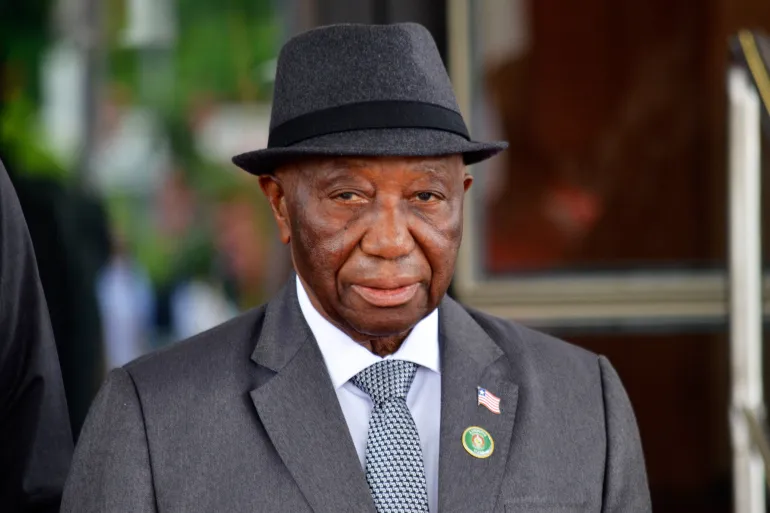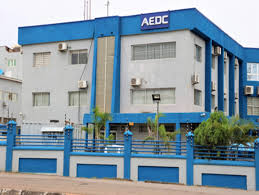Trump’s Such Good English Comment to Liberian President Sparks Backlash

Liberians have reacted with confusion, frustration, and anger after United States President Donald Trump expressed surprise at President Joseph Boakai’s English proficiency during a White House meeting.
“Such good English. Such beautiful English,” Trump remarked during a bilateral engagement on Wednesday with five West African leaders. “Where did you learn to speak so beautifully? Where? In Liberia?” he added, prompting criticism from many Liberians who viewed the comments as patronizing.
The remarks have drawn backlash, especially given that English is Liberia’s official language, a legacy of its founding by formerly enslaved African Americans in the 1800s. The country shares deep historical, political, and cultural ties with the United States, modeling its institutions—including the presidency, flag, and legal system—after those of Washington.
Foday Massaquio, of the opposition Congress for Democratic Change, said the exchange was a reflection of the West’s ongoing disregard for African leaders.
“President Trump was condescending. He was very disrespectful to the African leader.”
Kula Fofana, spokesperson for President Boakai, tried to play down the controversy, saying the administration prefers to focus on the substantive issues discussed at the summit, including strengthening US-Liberia relations.
Liberia’s Foreign Minister, Sara Beysolow Nyanti, also weighed in, stating via X (formerly Twitter) that Trump’s remarks were simply a recognition of Liberia’s American-influenced linguistic heritage, and that “no offence was taken.”
Still, many Liberians were not appeased.
“President Boakai didn’t go to Washington for an English-speaking competition,” said Moses Dennis, a businessman from Monrovia. “Trump should have known that Liberia is an English-speaking country.”
Siokin Civicus Barsi-Giah, an ally of former President George Weah, said the comment was not praise but mockery.
“Joseph Boakai was not praised. He was mocked by the greatest president in the world, who is leading the greatest country in the world.”
Critics also connected the remarks to wider discontent over Trump’s recent dissolution of USAID and a pivot away from foreign aid. Liberia, long dependent on U.S. assistance, was hit hard by the funding cut, which affected health, education, and infrastructure support.
Abraham Julian Wennah, a researcher at the African Methodist Episcopal University, noted that such language from Western leaders often carries implicit bias:
“In postcolonial contexts, language has long been weaponised to question legitimacy and competence.”
However, Wennah added that within the context of Trump’s rhetorical style, the comments could also be interpreted as a crude form of admiration, albeit poorly delivered.
Despite official efforts to downplay the incident, many Liberians say the episode has reinforced a sense of betrayal by a country they long viewed as a “big brother.”
Ask ChatGPT



